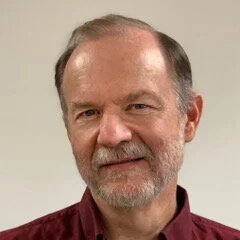ROBERT AXELROD
/Former Consultant for the UN, World Bank & US Department of Defense
Professor Emeritus of Political Science & Public Policy at University of Michigan
National Medal of Science Award-Winner
I think the most critical thing is education for critical thinking. The ability to listen to a political argument or an argument of any sort, on COVID, for example, or climate change, and not necessarily understand the science behind that, but to understand how to evaluate the credibility of the speaker, how to evaluate the logic of the arguments and to see whether a conspiracy theory is behind this that has no grounding… And so I think what’s especially important in would be an educational in critical thinking.













